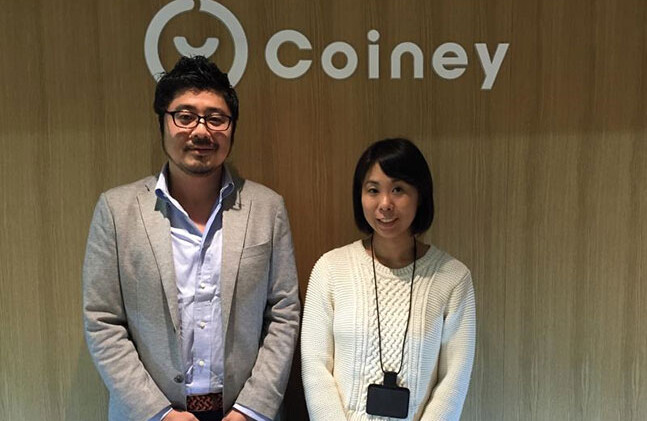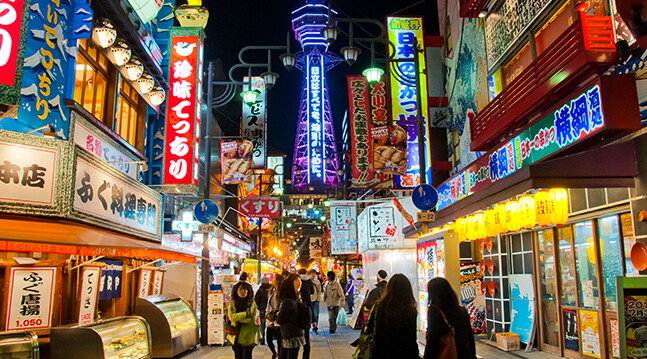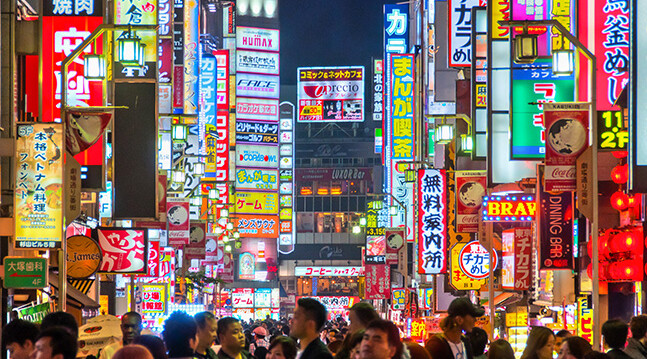This is an excerpt from a February 4 Foreign Affairs article. To read it in full, click here.
A deep uncertainty about the future has bottlenecked Japan's corporate sector. Despite high profits, companies such as Fuji Heavy, the maker of Subaru, are refraining from raising wages; other big firms are hesitating to invest because of a shrinking domestic market and the lingering memory of the 2008–09 financial crisis and recession. Some of Japan's large technology corporations, such as Sharp and Sony, are struggling to compete with their U.S., Chinese, and South Korean peers. More broadly, as Japanese officials are discovering, loose monetary policy and prolific fiscal spending—the central components of Tokyo's plan for economic revival—can take growth only so far.
Conditions such as these have led Japanese policymakers to recognize that spurring business dynamism will be key to reviving the country’s stagnant economy. Japanese Prime Minister Shinzo Abe's policy blueprint for 2015–16 calls for a society “in which all citizens are dynamically engaged"—ostensibly jargon for the integration of women, the young, and the elderly into an economy that has historically been dominated by middle-aged men. More striking, in a country that is renowned for its large technology corporations, the Abe government's growth strategy puts start-ups at the center by encouraging investment in venture companies and new technologies, supporting training and education in entrepreneurship at Japanese universities, reforming corporate governance, and connecting Japanese entrepreneurs with their peers in Silicon Valley through seminars and mentorship programs.
In a sense, Tokyo is following the money: from 2014 to 2015, venture capital funding raised in Japan doubled, from around $1 billion to $2 billion, and more young Japanese are approaching the start-up world as a prestigious alternative to the country's corporate sector.



